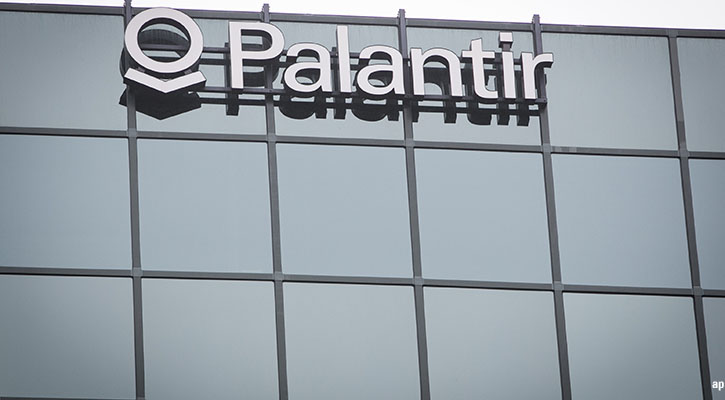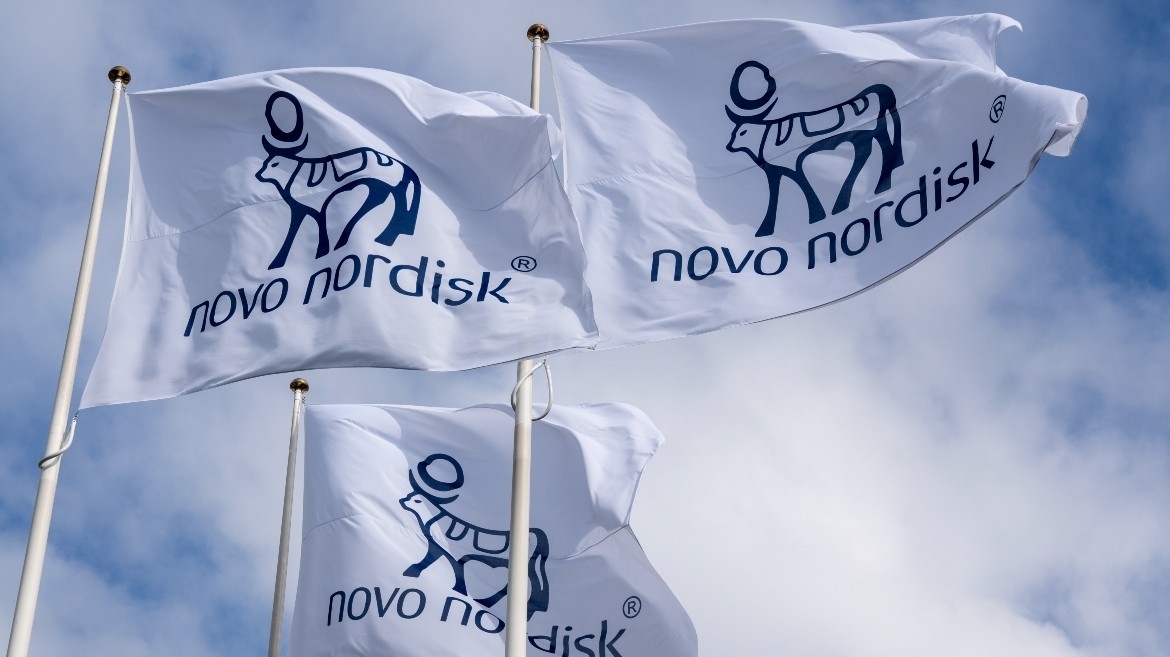Holly Black: Welcome to the Morningstar series, "3 Stock Picks." I'm Holly Black. With me is Moritz Sitte. He is the Manager of the Baillie Gifford European Fund.
Hello.
Moritz Sitte: Hi, Holly.
Black: You're going to tell us today about three stocks in the portfolio that you're quite excited about at the moment.
Sitte: That's right. So, the first one I'm going to talk about is IMCD, which is a specialist chemicals distributor, which sounds incredibly dull, but I think that's often the opportunity. We often find fantastic businesses in niches, in industrial niches that are completely overlooked. And IMCD is a good example in that it has a leading position in specialty chemicals distribution, which in itself is a growing niche. It's effectively an outsourced marketing department for specialty chemicals producers. It remains founder-run. So, the two founders have been in the firm for decades. And when we met them, they told us they didn't like playing golf, they really enjoyed just building the business. And that's exactly the sort of people that we look to partner with.
Black: Non-golf lovers.
Sitte: Non-golf lovers and people with skin in the game, who have their own money invested in their firm and have done a great job building it.
Black: We're in sort of time when people are talking about ESG and the sustainability of companies. I hate chemicals and that seems to not fit with that. But is that necessarily true?
Sitte: I don't think it's necessarily true. I think it always depends on the use of the chemicals. In the case specific for IMCD is, it's a very broad product portfolio that they supply. And they would argue that the products that they help create by being almost a middleman between the chemicals company and the end user is that they help make products better, healthier, and so on and so forth.
Black: So, what's stock number two?
Sitte: Stock number two is Spotify, which I'm sure people are much more familiar with than with IMCD. I don't think I have to explain what they do. And again, I think it's – I must sound like I'm repeating myself all the time. But again, it's a founder-run company. Daniel Ek, Swedish tech entrepreneur, build the company or has created the company in 2006. And he really has done a fantastic job turning Spotify into the leading streaming service around the globe. I mean, it's worth bearing in mind that Spotify is about twice the size of the subscribers than Apple, which I think is a fantastic testament to what the company has achieved so far. And we believe that Spotify is a fantastic opportunity to continue to grow for the long term and in the process, changing the way the music industry works, and thus creating a very profitable business on the back of that.
Black: With regards to profits though, it's something that I always find hard to get my head around is, obviously these companies start offering a free service, and then they need to try and get you to pay for it. Do they have a good conversion rate on that?
Sitte: I would think so. I mean they have effectively two businesses. One is the Premium subscribers, which has about 100 million subscribers. And then they have an ad-supported free service. And what they find is that people start out on the free service, but then convert because it's just nicer to have the premium service. But even the ad-supported free service itself is an interesting business.
Black: Okay. And what's our final stock?
Sitte: The final stock is Adyen, which is a fairly new public company. It's a Dutch payment services provider. And we've done a lot of work on the payment services area, which is a very complex area. So, I often find that quite attractive, because it really pays off when you really dig deep and do in-depth research. So, we spend a lot of time looking at this area and Adyen we think is one of the best placed players in this industry.
Once again, it remains founder-run. And what the company really stands out for is it services very large merchants, such as Spotify, but also Netflix, Uber. And it offers – or its philosophy is to offer seamless payment services. And that sounds quite straightforward, but actually is anything but, because if we look at the way how payment services are run traditionally, they're very geographically confined, and they're often very specialized on different channels such as retail or online. Adyen does away with that. They want to make payments a topic as simple as possible for their customers by offering a service that goes across all channels, all sales channels, and is applicable to their global business. So, that's what underpins Netflix's ability to open dozens of new markets in a single day. That didn't used to be – or that wasn't possible only a couple of years ago. It is possible today and Adyen is one of the reasons why it is possible.
Black: Is that usual for you to get involved in a company when it's not been listed that long?
Sitte: More and more so because I think we find that these types of companies are coming to the stock exchange that remain founder-run that have very attractive long-term growth prospects and that have the opportunity to build very profitable operations. So, I would say, over the last 10 years, there's been probably a trend towards these younger companies in the portfolio.
Black: Well, thank you so much for your time.
Sitte: You're welcome, Holly.
Black: And thanks for joining us.



























